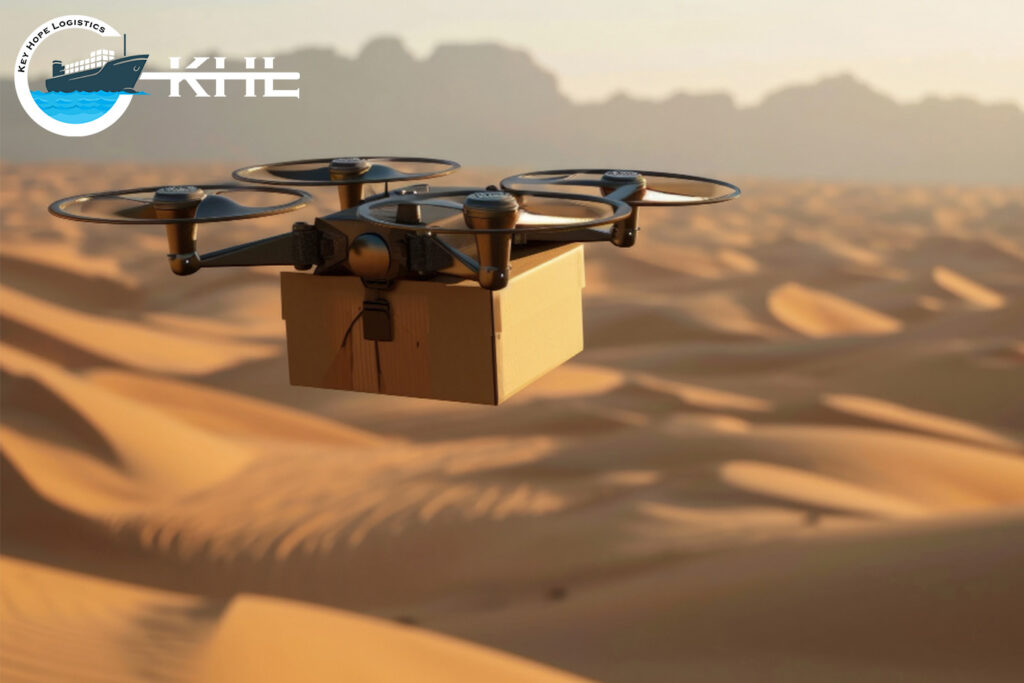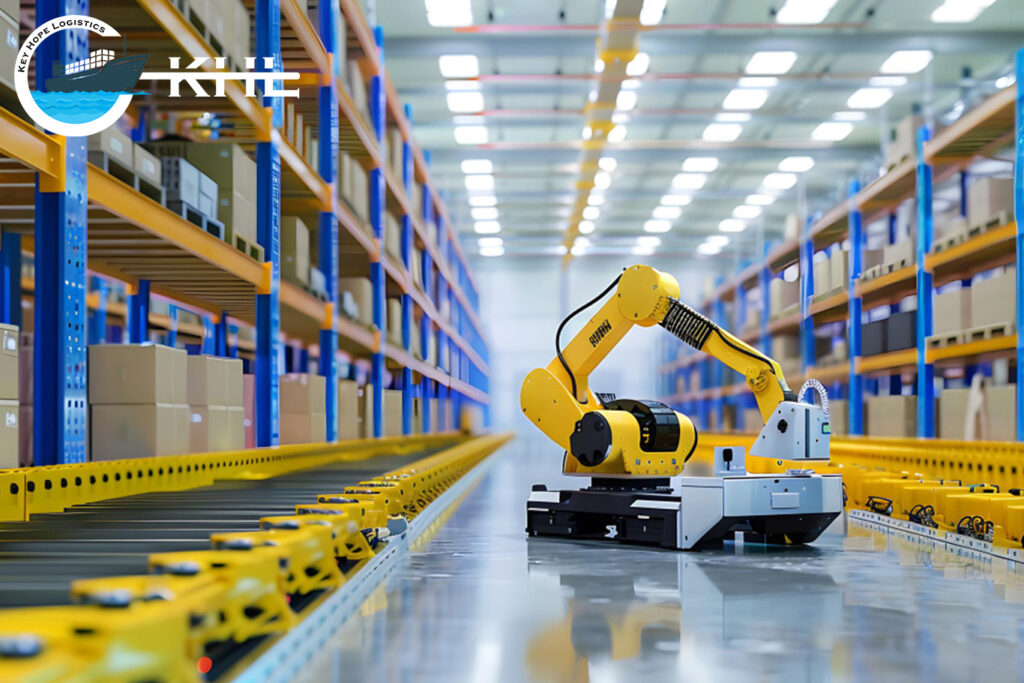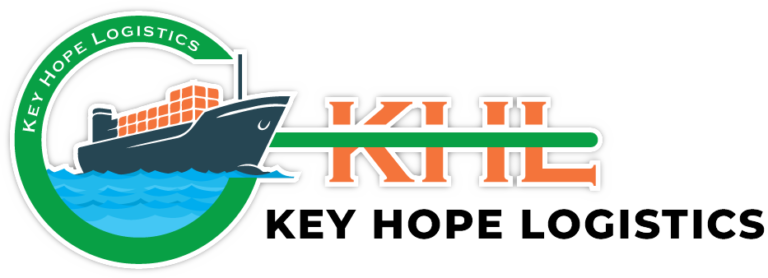Logistics sector in Oman is a crucial pillar of the nation’s economic diversification strategy. With advancements in global trade, Oman is increasingly integrating cutting-edge technologies to boost efficiency, transparency, and competitiveness.
Oman’s logistics industry plays a key role in its Vision 2040 economic strategy. Positioned strategically along global trade routes, the country serves as a vital transit hub for trade between Asia, Europe, and Africa. The government has been heavily investing in infrastructure and technology to modernize its logistics capabilities, making the industry one of the most competitive in the region.
Key Logistics Hubs in Oman:
- Port Sultan Qaboos in Muscat
- Sohar Industrial Port
- Duqm Port
- Salalah Free Zone
These hubs, supported by advanced technological infrastructure, form the backbone of Oman’s logistics network.
2. Impact of Technology on Oman Logistics Industry
2.1. Automation and Robotics in Warehousing
Automation is rapidly transforming warehousing operations. In Oman, advanced robotics and automation systems are increasingly being adopted to enhance storage and retrieval processes, which minimizes human error and accelerates operations.
Benefits:
Increased Efficiency: Automated systems improve the speed of order processing, inventory management, and product sorting.
Cost Reduction: Automation reduces labor costs, increases operational uptime, and enhances accuracy, resulting in overall cost reduction.
2.2. Internet of Things (IoT) for Real-Time Tracking
IoT technology has revolutionized the way goods are tracked and monitored throughout the supply chain. In Oman, IoT-enabled devices are used extensively to track shipments in real-time, monitor conditions like temperature and humidity (critical for perishable goods), and provide predictive maintenance for logistics equipment.

Supply Chain Visibility: IoT sensors provide real-time data on shipment location, reducing delays and improving customer satisfaction.
Predictive Maintenance: Sensors in vehicles and equipment help in early detection of faults, minimizing downtime and ensuring smooth operations.
2.3. Blockchain for Secure Data Management
The introduction of blockchain technology in Oman’s logistics industry addresses one of the major concerns—data security. Blockchain creates a decentralized ledger, ensuring that data related to shipments, transactions, and supply chain processes is secure, traceable, and immutable.
Benefits:
- Enhanced Security: Blockchain protects against data tampering, ensuring trust among stakeholders.
- Transparency: Every transaction or movement of goods is recorded and visible to all authorized parties, reducing fraud.
2.4. Artificial Intelligence and Machine Learnings Oman Logistics
AI and machine learning (ML) are being used extensively to optimize operations in Oman logistics . AI algorithms help in predictive demand planning, route optimization, and automating repetitive tasks, thereby improving overall operational efficiency.
Applications:
- Predictive Analytics: AI-based systems forecast demand more accurately, helping companies adjust their logistics planning.
- Route Optimization: AI-driven logistics platforms identify the most efficient routes based on traffic, weather conditions, and fuel costs.

2.5. Drones and Autonomous Vehicles
Oman is exploring the potential of drones and autonomous vehicles for last-mile delivery and warehouse automation. Drones offer a faster and more cost-effective solution for delivering goods to remote areas, while autonomous vehicles improve the efficiency of freight transport.
Benefits:
- Reduced Delivery Times: Drones can bypass traffic and geographical barriers, ensuring quicker delivery of goods.
- Labor Savings: Autonomous vehicles reduce the reliance on human drivers, leading to long-term cost savings.
3. Challenges in Implementing Advanced Technologies
3.1. High Initial Costs
The initial investment required for implementing advanced technologies, such as IoT and AI, can be a significant barrier for smaller logistics companies. While large firms can afford to deploy these technologies at scale, smaller operators may find the cost prohibitive.
3.2. Skilled Workforce Shortage
Despite the advancements in technology, there remains a shortage of skilled professionals in Oman capable of handling, maintaining, and leveraging these advanced technologies effectively.
3.3. Cybersecurity Concerns
As the logistics industry becomes more digitized, it also becomes more vulnerable to cyber-attacks. Ensuring the security of data and infrastructure is a top priority for Omani logistics firms embracing digital transformation.
4. Future Trends in Omani Logistics Industry
4.1. Expansion of E-commerce
With the rapid growth of e-commerce in Oman logistics industry and the broader GCC region, the industry is expected to undergo further digital transformation. Advanced technologies, such as AI-driven platforms and drone delivery systems, will be essential in managing the growing demand for faster, more efficient logistics services.
4.2. Sustainable Logistics
There is an increasing focus on sustainability in logistics. Oman’s logistics sector is gradually adopting green technologies such as electric vehicles, energy-efficient warehousing, and optimizing transport routes to reduce the carbon footprint.
Advanced technology is playing an increasingly vital role in enhancing Oman’s logistics industry. Automation, IoT, blockchain, AI, and drones are not only improving efficiency but also driving innovation across the supply chain. While challenges remain, particularly in terms of cost and skills, the long-term benefits of these technologies are clear. Oman logistics is well on its way to becoming a regional hub, thanks to its forward-looking approach to embracing technological advancements.
By adopting these technologies, Omani companies can remain competitive, provide better customer service, and contribute to the country’s vision of economic diversification and sustainable growth.

